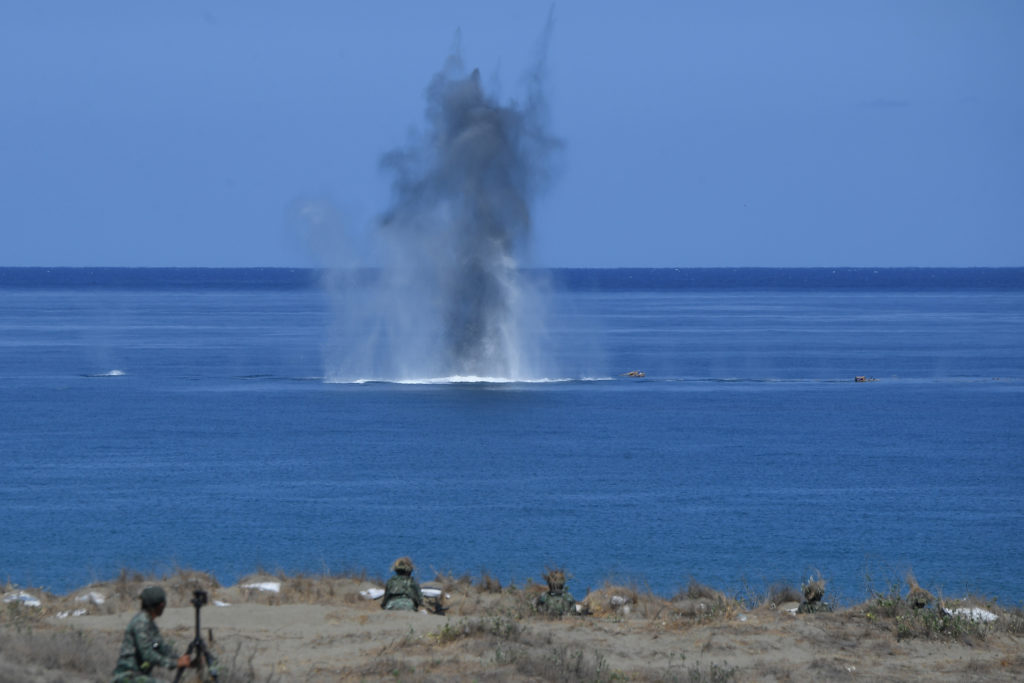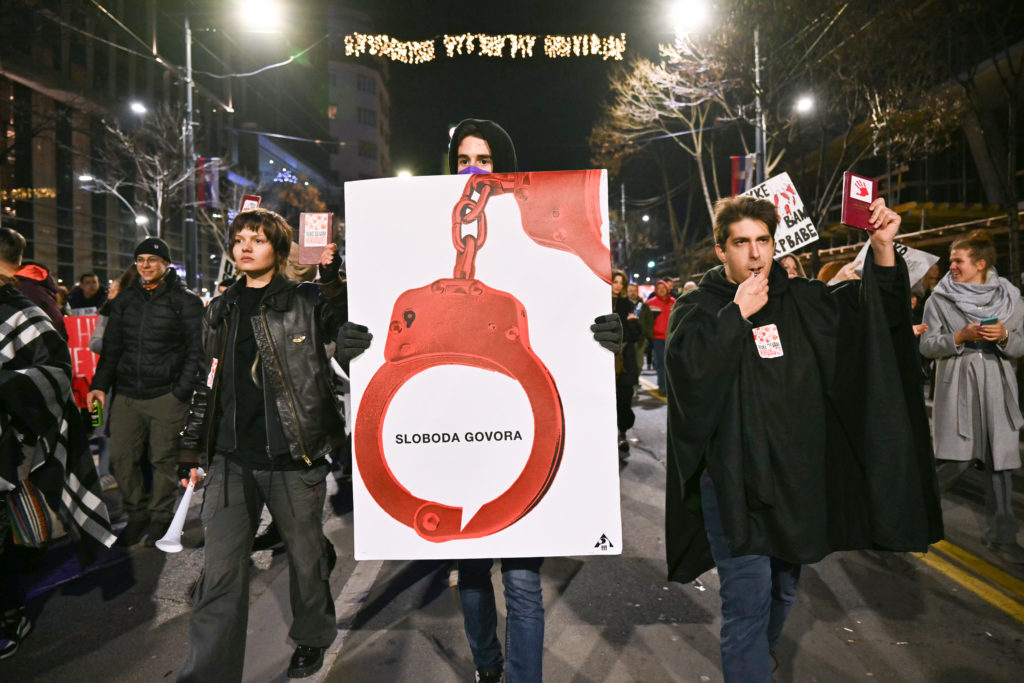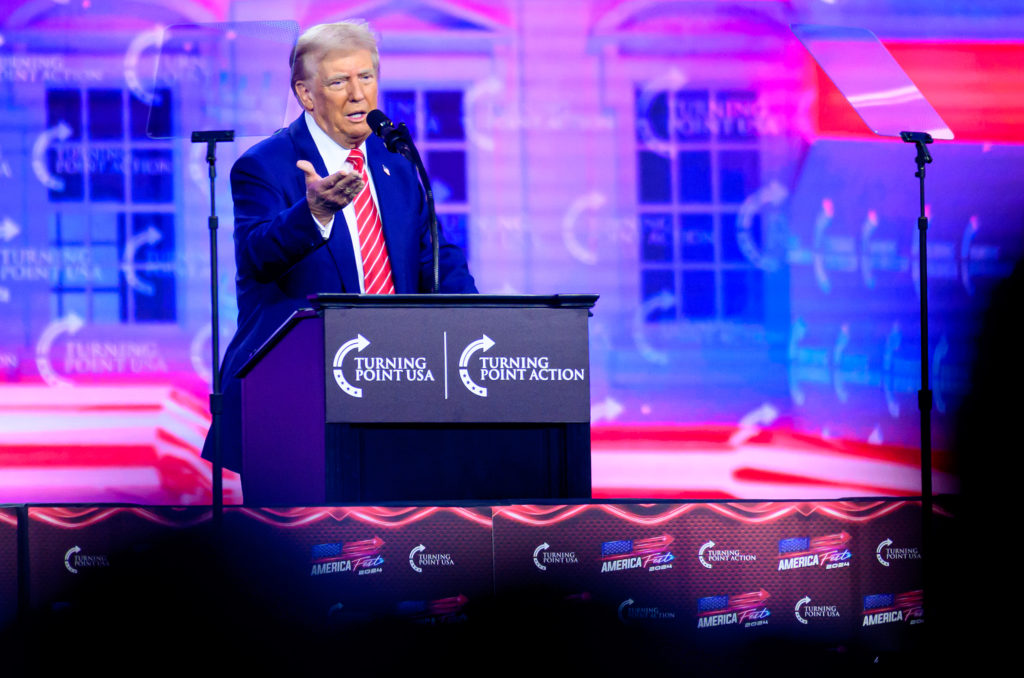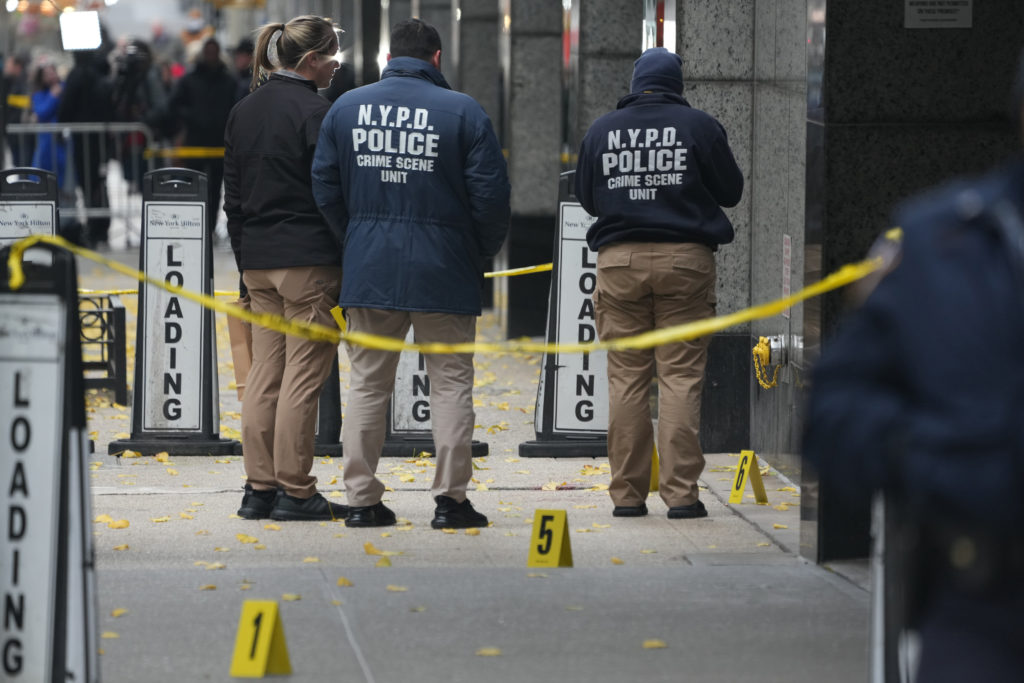A Chinese court on Tuesday upheld the death sentence passed on a Canadian citizen for drug smuggling -– one of a number of legal cases to severely damage relations between Ottawa and Beijing.
Robert Lloyd Schellenberg was originally sentenced to 15 years in prison in late 2018, but that was changed to the death penalty just months after a diplomatic rift exploded between Ottawa and Beijing over the detention of Huawei executive Meng Wanzhou.
The upholding of the death sentence comes a week after Meng began the latest round of her court battle in Canada against US extradition, a case that has infuriated China.
A ruling was also expected Wednesday in the case of Michael Spavor, the Canadian ambassador said, one of two Canadians detained by China for espionage in the wake of Meng’s arrest in Canada.
“The facts found in the first trial were clear, the evidence was reliable and sufficient, the conviction was accurate, the sentence was appropriate, and the trial procedures were legal,” the Liaoning Province Higher People’s Court said in a statement.
Prosecutors have said Schellenberg was a key member of an international drug trafficking syndicate which in 2014 had planned to ship more than 200 kilograms of methamphetamine to Australia.
Schellenebrg claims he was in China as a tourist and was unwittingly swept up in a drug smuggling ring by a Chinese man recommended as a translator.
“We condemn the verdict in the strongest possible terms and call on China to grant Robert clemency,” Canadian ambassador to China Dominic Barton told reporters.
“We’ve expressed our strong opposition to this cruel and inhumane punishment to China repeatedly and we will continue to do so,” added Barton, who attended the appeal hearing in the northeastern city of Shenyang.
– ‘Extreme concern’ –
Ottawa-Beijing Relations deteriorated in December 2018 after Canada arrested Huawei’s Meng Wanzhou on a US warrant linked to alleged Iran sanctions violations by the Chinese tech giant.
China quickly followed suit by arresting two Canadian citizens, later accusing them of espionage, drawing further condemnation from Ottawa.
Businessman Michael Spavor and Michael Kovrig, a former diplomat, were both tried in March this year but no decision was ever announced.
Beijing also abruptly revised Schellenberg’s sentence to the death penalty in January 2019, saying the original sentence was too lenient.
That prompted Canadian Prime Minister Justin Trudeau to express “extreme concern”, saying China had “arbitrarily” imposed the death penalty.
Human rights advocates say China executes more prisoners every year than any other country, but executions of westerners are rare.
The most recent case involving a Western passport holder is believed to be that of Akmal Shaikh, a British citizen executed in 2009 for heroin trafficking, according to state news agency Xinhua.
Canadian ambassador Barton said he was travelling to the northern city of Dandong later Tuesday to meet with Michael Spavor.
He said the embassy had received no word on any ruling for Kovrig.
– Meng fights US extradition –
The latest hearings in the Meng case began a week ago in Vancouver.
Meng, Huawei’s chief financial officer and daughter of the company’s founder Ren Zhengfei, is accused by the United States of defrauding HSBC by falsely misrepresenting her company’s links with a subsidiary that sold telecom equipment to Iran.
The United States says that put the bank at risk of violating US sanctions against Tehran as it continued to clear US dollar transactions for Huawei.
Meng’s defence has argued that the charges are inaccurate and that she is a victim of “political persecution”.
The hearings are due to end on August 20 but no decision is expected for a few months.
In the event of an appeal, the procedure could take several more years.











